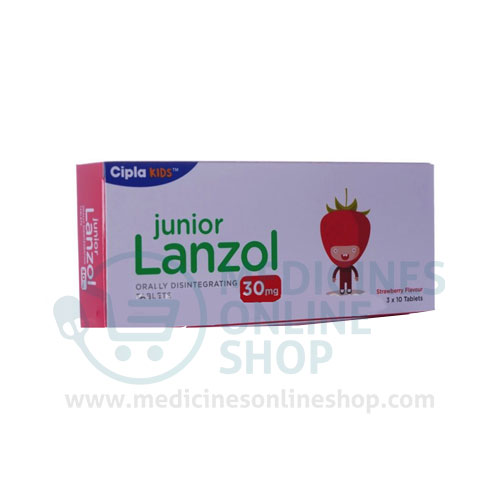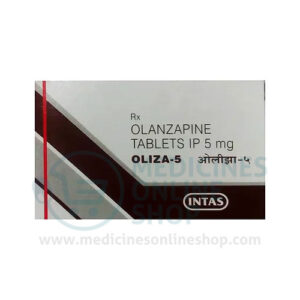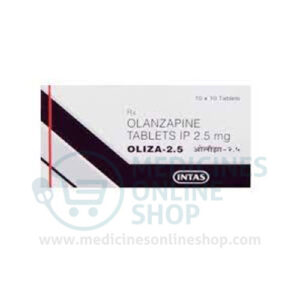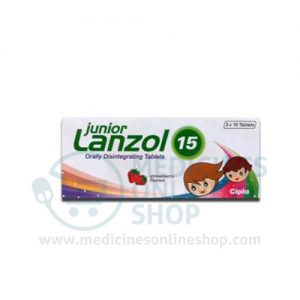What is this drug used for?
• It is used to treat or prevent GI (gastrointestinal) ulcers caused by infection.
• It is used to treat or prevent NSAID-associated gastric ulcers in patients with a history of ulcers.
• It is used to treat gastroesophageal reflux disease (GERD; acid reflux).
• It is used to treat heartburn.
• It is used to treat syndromes caused by lots of stomach acid.
• It is used to treat or prevent ulcers of the swallowing tube (esophagus).
• It may be given to you for other reasons. Talk with the doctor.
Frequently reported side effects of this drug
• Headache
• Abdominal pain
• Nausea
• Diarrhea
• Constipation
Other side effects of this drug: Talk with your doctor right away if you have any of these signs of:
• Low magnesium like mood changes; muscle pain or weakness; muscle cramps or spasms; seizures; tremors; lack of appetite; severe nausea or vomiting; or an abnormal heartbeat.
• Kidney problems like unable to pass urine, blood in the urine, change in amount of urine passed, or weight gain.
• Lupus like rash on the cheeks or other body parts, sunburn easy, muscle or joint pain, chest pain or shortness of breath, or swelling in the arms or legs.
• Severe dizziness
• Passing out
• Fast heartbeat
• Bone pain
• Clostridioides (formerly Clostridium) difficile-associated diarrhea like abdominal pain or cramps, severe diarrhea or watery stools, or bloody stools.
• Stevens-Johnson syndrome/toxic epidermal necrolysis like red, swollen, blistered, or peeling skin (with or without fever); red or irritated eyes; or sores in mouth, throat, nose, or eyes.
• Signs of a significant reaction like wheezing; chest tightness; fever; itching; bad cough; blue skin color; seizures; or swelling of face, lips, tongue, or throat.
Note: This is not a comprehensive list of all side effects. Talk to your doctor if you have questions.
Pronunciation
(lan SOE pra zole)
Medication Safety Issues
Sound-alike/look-alike issues:
Lansoprazole may be confused with aripiprazole, dexlansoprazole
Prevacid may be confused with Pravachol, Prevpac, PriLOSEC, Prinivil
Geriatric Patients: High-Risk Medication:
Beers Criteria: Proton pump inhibitors are identified in the Beers Criteria as potentially inappropriate medications to be avoided (as scheduled use for more than 8 weeks) in patients 65 years and older due to their risk of C. difficile infection and bone loss/fractures unless given for high-risk patients (eg, oral corticosteroid or chronic NSAID use), patients with erosive esophagitis, Barrett’s esophagitis, a pathological hypersecretory condition, or if the patient has demonstrated a need for maintenance therapy (eg, failure of drug discontinuation trial or failure of H2 blockers) (Beers Criteria [AGS 2019]).
Generic Availability: US
Yes
Storage and Stability
Capsules, orally disintegrating tablets: Store at 25°C (77°F); excursions permitted to 15°C to 30°C (59°F to 86°F). Protect from light and moisture.
Powder for suspension (First Lansoprazole compounding kit): Prior to compounding, store at 15°C to 30°C (59°F to 86°F). Once compounded, the product is stable for 30 days at 2°C to 8°C (36°F to 46°F); protect from freezing. Protect from light.
Adverse Reactions
Central nervous system: Dizziness, headache
Endocrine & metabolic: Abnormal albumin-globulin ratio, albuminuria, decreased serum cholesterol, hyperlipidemia, increased gamma-glutamyl transferase, increased gastrin, increased lactate dehydrogenase, increased serum glucocorticoids, increased serum potassium
Gastrointestinal: Abdominal pain, constipation, diarrhea, nausea, occult blood in stools
Genitourinary: Crystalluria, hematuria
Hematologic & oncologic: Abnormal erythrocytes, blood platelet disorder (abnormal platelets), leukocyte disorder, leukocytosis
Hepatic: Abnormal hepatic function tests, hyperbilirubinemia, increased serum alkaline phosphatase, increased serum ALT, increased serum AST
Immunologic: Increased serum globulins
Renal: Acute interstitial nephritis, increased blood urea nitrogen, increased serum creatinine
Rare but important or life-threatening: Abdominal distention, abnormal dreams, abnormal stools, abnormality in thinking, acne vulgaris, ageusia, agitation, agranulocytosis, alopecia, altered sense of smell, amblyopia, amnesia, anaphylactoid reaction, anaphylaxis, anemia, angina pectoris, anorexia, anxiety, apathy, aphthous stomatitis, aplastic anemia, arthralgia, arthritis, arthropathy, asthma, back pain, bezoar formation, blepharitis, blepharoptosis, blurred vision, bone disease, bone fracture, bradycardia, breast hypertrophy, breast tenderness, bronchitis, candidiasis, carcinoma, cardiac arrhythmia, cataract, cerebral infarction, cerebrovascular accident, change in platelet count (decreased/increased), chest pain, chills, cholelithiasis, circulatory shock, Clostridium difficile associated diarrhea, colitis, confusion, conjunctivitis, contact dermatitis, cough, cutaneous lupus erythematosus, deafness, decreased libido, dehydration, dementia, depersonalization, depression, dermatological disease, diabetes mellitus, diaphoresis, difficulty in micturition, diplopia, dizziness, drowsiness, dry eye syndrome, dysgeusia, dysmenorrhea, dyspepsia, dysphagia, dyspnea, dysuria, ear disease, edema, electrolyte disturbance (decreased/increased), emotional lability, enteritis, eosinophilia, epistaxis, eructation, erythema multiforme, esophageal achalasia, esophageal stenosis, esophageal ulcer, esophagitis, eye pain, fecal discoloration, fever, fixed drug eruption, flatulence, flu-like symptoms, gastritis, gastroenteritis, gastrointestinal hemorrhage, GI moniliasis, gingival hemorrhage, glaucoma, glossitis, glycosuria, goiter, gout, gynecomastia, hair disease, halitosis, hallucination, hematemesis, hemiplegia, hemolysis, hemolytic anemia, hemoptysis, hepatotoxicity, hiccups, hostility, hyperkinesia, hypermenorrhea, hypersensitivity reaction, hypertension, hypertonia, hypoesthesia, hypoglycemia, hypomagnesemia, hypotension, hypothyroidism, impotence, increased appetite, increased libido, increased thirst, infection, insomnia, interstitial nephritis, leg cramps, leukopenia, leukorrhea, lymphadenopathy, maculopapular rash, malaise, malignant neoplasm of larynx, mastalgia, melena, menstrual disease (includes abnormal menses), migraine, musculoskeletal pain, myalgia, myasthenia, myocardial infarction, myositis, nail disease, neck pain, neck stiffness, nephrolithiasis, nervousness, neutropenia, oral mucosa ulcer, otitis media, pain, palpitations, pancreatitis, pancytopenia, paresthesia, pelvic pain, penile disease, peripheral edema, pharyngitis, photophobia, pleural disease, pneumonia, polyp (gastric nodules and fundic gland polyp), polyuria, pruritus, psychoneurosis, pulmonary fibrosis, rectal disease, rectal hemorrhage, renal disease (chronic; Lazarus 2016), renal pain, respiratory tract disease, retinal degeneration, retinopathy, rhinitis, seizure, sialorrhea, sinusitis, skin carcinoma, skin rash, sleep disorder, speech disturbance, Stevens-Johnson syndrome, stomatitis, stridor, syncope, synovitis, systemic lupus erythematosus, tachycardia, tenesmus, testicular disease, thrombocytopenia, thrombotic thrombocytopenic purpura, tinnitus, tremor, tongue disease, toxic epidermal necrolysis, ulcerative colitis, upper respiratory tract inflammation, upper respiratory tract infection, urethral pain, urinary frequency, urinary retention, urinary tract infection, urinary urgency, urticaria, vaginitis, vasodilation, vertigo, visual disturbance, visual field defect, vitamin deficiency, vomiting, weakness, weight gain, weight loss, xeroderma, xerostomia




